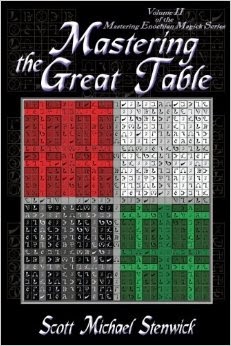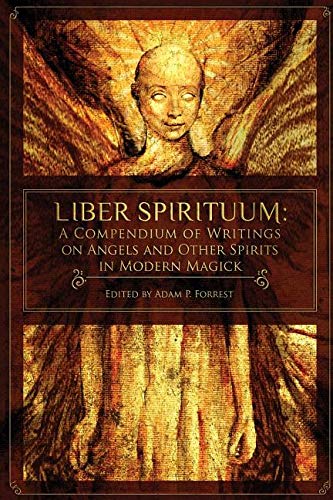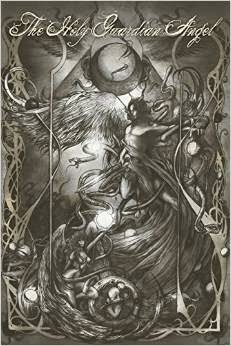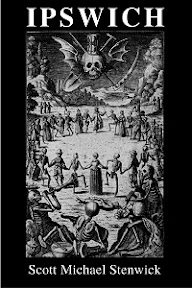Recently over on Magick of Thought I was involved in a discussion of magical shielding methods. In response to a question from a commenter about my personal shielding practices, I wrote the following:
Yesterday Taylor Ellwood put up a post on Magical Experiments in response to my comments. One of the interesting things I noted about it is that even though he disagrees with them, he discusses working with a technique he calls the "Sphere of Art" that sounds remarkably similar to what I call an operant field in the context of my own work.
For reference, compare that to this, particularly the description of the operant field at the bottom of the article. I talk about it in the context of the ceremonial forms that I generally use, but it sounds like the Sphere of Art is probably the same sort of thing created with different methods.
The short answer is that I don’t. Working shielded makes your magick less effective in terms of influencing material events. Even if you put up a shield that’s perfectly permeable to your own magical workings, which takes some skill, it still takes some of your energy/power/strength/whatever you want to call it just to maintain the shield. If the overall probability shift you can produce is P(Total), then for a shielded ritual your maximum effect can’t be greater than P(Total) – P(Shield). If your shield isn’t perfectly permeable, then you’re looking at R(Shield), resistance produced by the shield. So then your maximum effect becomes P(Total) – P(Shield) – R(Shield).
Yesterday Taylor Ellwood put up a post on Magical Experiments in response to my comments. One of the interesting things I noted about it is that even though he disagrees with them, he discusses working with a technique he calls the "Sphere of Art" that sounds remarkably similar to what I call an operant field in the context of my own work.
Now when this technique is used it does serve to create a very specific space/time that excludes anything not brought into it by the practitioner. However the beauty of it is that you can bring into it exactly what you need to work with, be it an entity, possibility or something else. Additionally, what is also significant is that when you wrap up the magical working, and return that space/time to regular space/time, you merge it with and embody it into reality, making a seamless transition where there is no resistance to the possibility being manifested.
For reference, compare that to this, particularly the description of the operant field at the bottom of the article. I talk about it in the context of the ceremonial forms that I generally use, but it sounds like the Sphere of Art is probably the same sort of thing created with different methods.



































